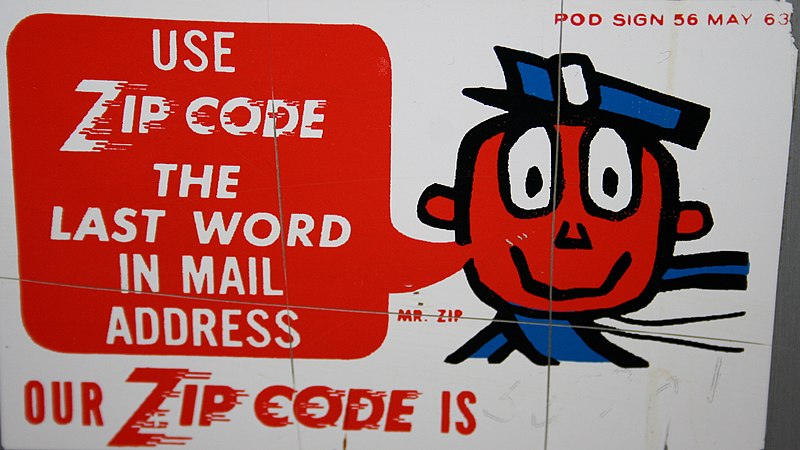Thanks to Alise Isbell for contributing this wonderful post on a very interesting proofreading method. You’re bound to catch more errors if you do this!
Ratiocination is a miracle that changed the way I write and edit. While not a professional writer, my company trains people how to write more effectively, and ratiocination helps. Webster’s Dictionary defines ratiocination as “the process of exact thinking” or “a reasoned train of thought.”
Language is a vehicle, like a car. It has parts like suffixes, prefixes, words, phrases, sentences, paragraphs etc… People can rearrange the parts to function differently. For example, we slow down the reader with longer words or more complicated verb tenses. We can also speed up the reader by doing the opposite. The key to effective writing is tinkering with the right parts of language to get the desired results.
Why does ratiocination get results? When proofreading, the process isolates grammar concepts and allows the writer to assess the parts instead of the whole piece. Writers use basic grammar concepts with this process to improve the effectiveness and impact of their message.
How it works:
Continue reading “Simple Proofreading Process with a Big Name: Ratiocination”



